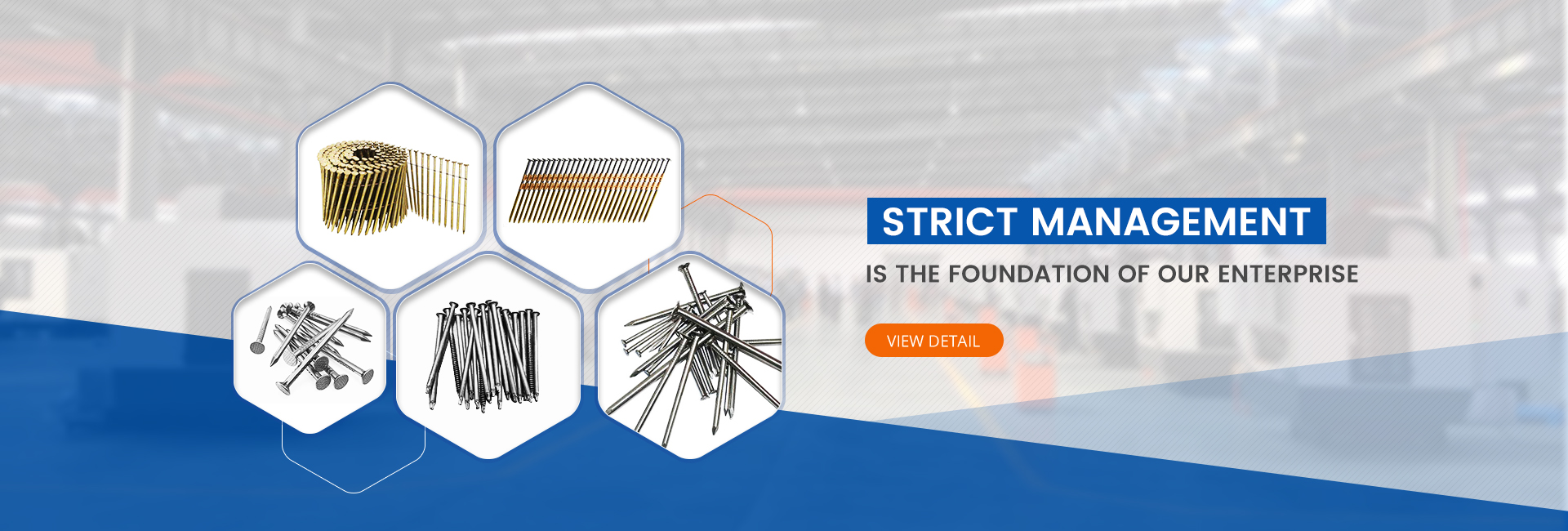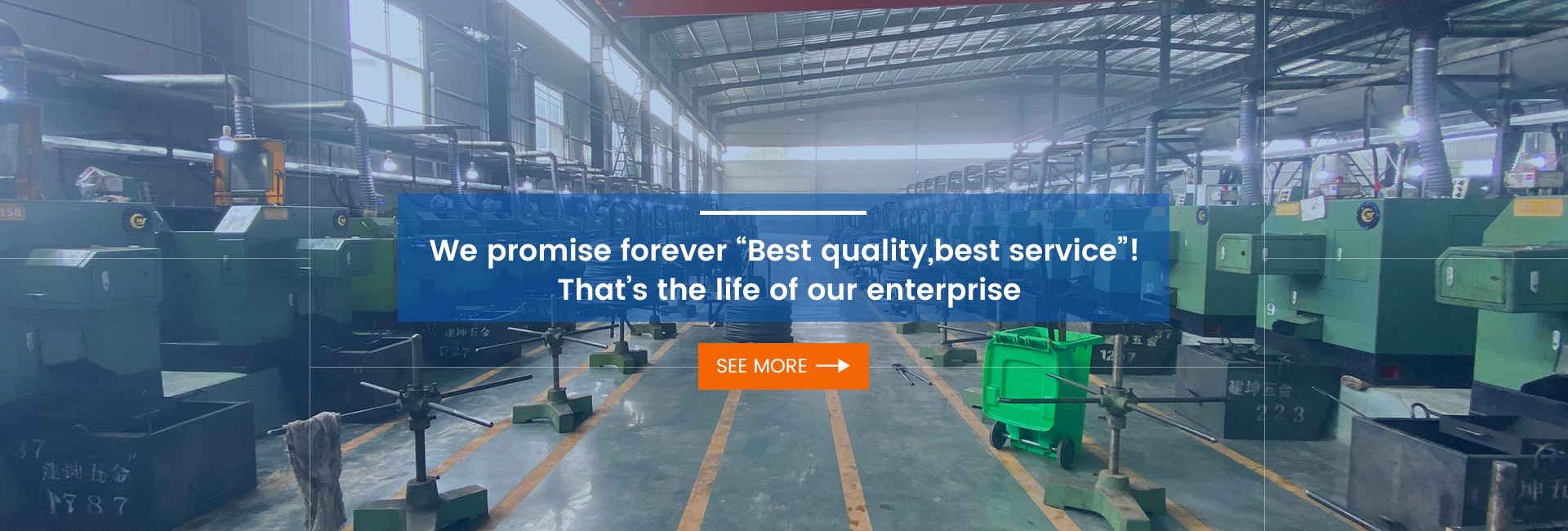As global construction embraces prefabrication and modular techniques, Drywall Screws are gaining increased attention as the critical fasteners used in connecting gypsum boards to metal studs. From residential interiors to commercial fit-outs and industrial framing, drywall screws play an essential role in ensuring structural integrity, installation efficiency, and long-term durability.
1. Rising Global Demand
With the rise of lightweight, green, and quick-to-install building systems, drywall construction has become a preferred choice in modern architecture. This shift has directly fueled the demand for drywall screws.
The Asia-Pacific region, particularly countries like China, India, Vietnam, and the Philippines, is witnessing a surge in drywall screw consumption—driven by rapid urbanization and growing construction investments in housing and infrastructure.
2. Product Innovations
Drywall screws are typically classified by:
-
Thread type: Fine thread (for metal studs), Coarse thread (for wood framing)
-
Surface finish: Phosphate-coated (anti-rust), Zinc-plated (corrosion resistant), Black oxide (aesthetic)
-
Head style: Bugle head with Phillips drive for flush finish under joint compound
In recent years, collated drywall screws compatible with auto-feed screw guns have grown in popularity, improving speed and reducing fatigue on large-scale installation sites.
Coating advancements—such as dual-layer coatings and zinc-aluminum blends—are also extending the usable lifespan of drywall screws in humid environments like bathrooms and basements.
3. Expanding Applications
Beyond traditional drywall-to-metal connections, drywall screws are now widely used in:
-
Ceilings and partition systems: Fastening cement boards, magnesium oxide boards, etc.
-
Modular housing and container homes: Quick assembly and structural reliability
-
Factory-assembled interior modules: Integrated with CNC automation systems
-
Furniture and custom interior builds: In some cases, replacing wood screws for efficiency
4. Opportunities and Challenges
While the market is growing, drywall screw manufacturers face several challenges:
-
Raw material price volatility, especially in steel and zinc
-
Inconsistent product quality, causing buyer distrust in low-end offerings
-
Tighter environmental regulations, requiring cleaner surface treatments
However, the shift toward premium quality, automated fastening systems, and sustainable finishes is creating room for innovation and higher-margin products. End-users increasingly demand reliable, factory-consistent screws for faster, safer construction.
5. Outlook for the Future
The drywall screw sector is transitioning from a basic commodity to an integral part of modular fastening systems.
With government-backed policies promoting prefab housing, green buildings, and global infrastructure initiatives like the Belt and Road, manufacturers—particularly in China—are well-positioned to capture export growth and lead in technical upgrades.
Future developments will focus on:
-
Tighter tolerances for automated feeding
-
Multi-layer coatings for extreme environments
-
Integrated packaging and logistics optimization
Post time: Jul-29-2025



